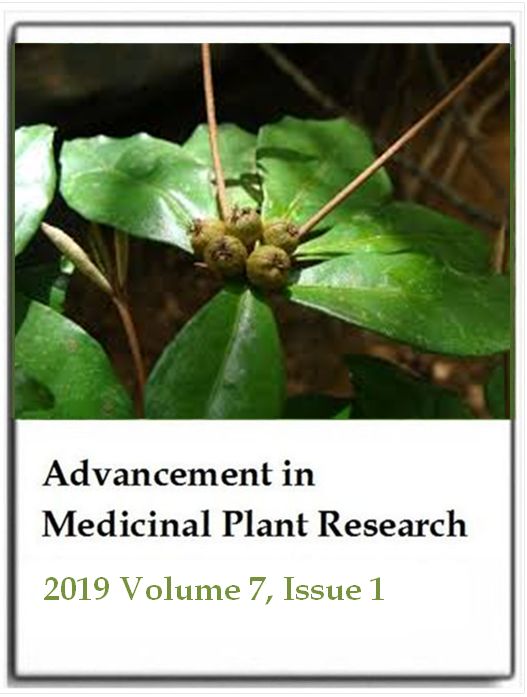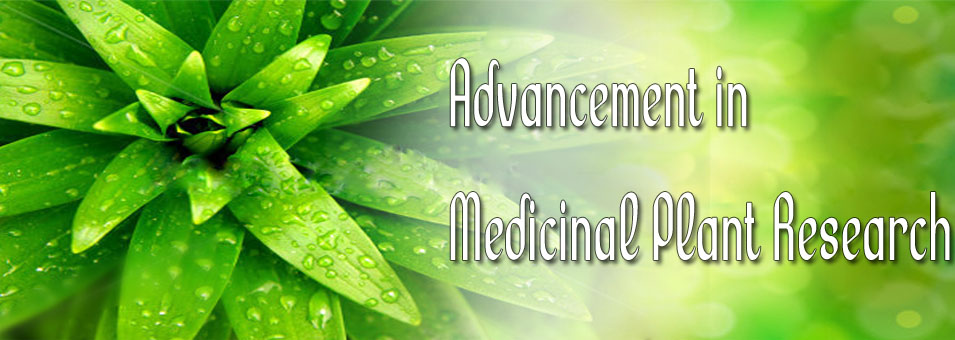Efficacy and safety of Thai herbal recipe in advanced hepatocellular carcinoma: A pilot, randomized, controlled clinical trial
Kritiya Butthongkomvong, Araya Lukanawonakul, Sakunrat Tiewwanich, Pongsadhorn Pokpermdee, Isara Chiawiriyabunya and Tanawan KummalueAdvancement in Medicinal Plant Research
Published: February 27 2019
Volume 7, Issue 1
Pages 15-22
DOI: https://doi.org/10.30918/AMPR.71.19.011
Abstract
The authors conducted a randomized, double-blind, placebo-controlled, pilot study to determine the efficacy and side effects of a well-known Thai herbal recipe in advanced hepatocellular carcinoma. Twenty advanced hepatocellular carcinoma patients were enrolled at Udon Thani Cancer Hospital, Thailand, between January 2015 and December 2017. They were divided into experimental and placebo groups, each with ten patients. The time to event was defined as the time to disease progression or death, and it was calculated using intention-to-treat analysis. Relative to the placebo group, the treatment group demonstrated a larger number of poor prognostic factors, such as larger tumor sizes, higher alpha-fetoprotein levels, worse Child–Pugh classifications, and much higher alkaline phosphatase levels. A Kaplan–Meier analysis revealed that the endpoint of the experimental group was not inferior to that of the control group, even though the experimental group had much worse prognostic factors. As to the safety of the herbal recipe, no adverse events were detected in the treatment group. The study demonstrated that the Thai herbal recipe might have some advantages for advanced hepatocellular carcinoma patients, especially in combination with supportive therapy.
Keywords: Hepatocellular carcinoma, integrative medicine, Thai herbal recipe.
Full Text PDFThis article is published under the terms of the Creative Commons Attribution License 4.0

